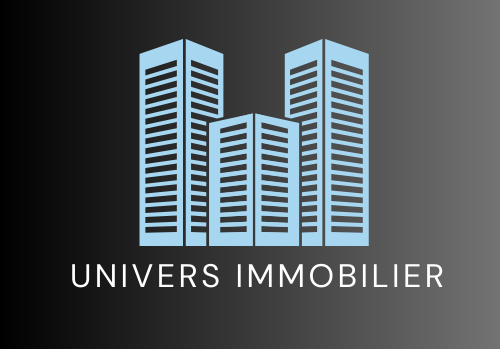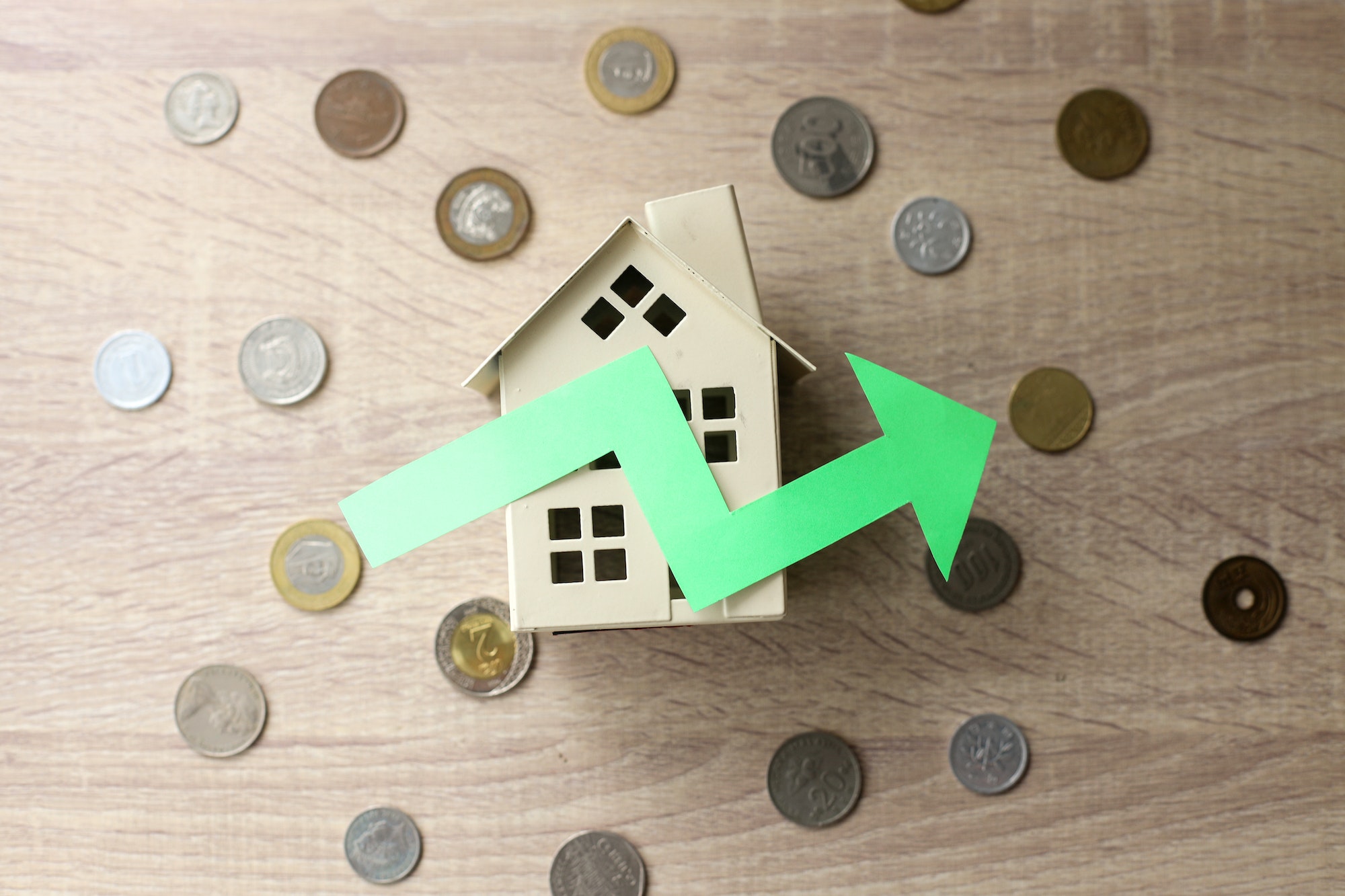Investing in rental properties has long been a popular way to build wealth and generate passive income. With the right approach and an understanding of the market, owning rental properties can be a lucrative and rewarding venture. In this article, we will delve into the benefits of investing in rental properties, including steady rental income, tax advantages, long-term appreciation, and more.
Steady rental income and cash flow
One of the most compelling reasons to invest in rental properties is the potential for steady rental income. As a landlord, you will receive monthly payments from your tenants, providing you with a reliable stream of cash flow. This can be particularly attractive if you are looking to supplement your current income or save for a specific goal, such as retirement or sending your children to college.
Rental income can also help you cover the costs of owning and maintaining the property, such as mortgage payments, property taxes, and insurance. Over time, as rental rates increase and your expenses decrease, you will see an even greater return on your investment. This positive cash flow is a key benefit of real estate investing that is not always found in other types of investments.
Furthermore, rental properties can provide a hedge against inflation, as rental rates tend to rise in line with the cost of living. This means that your rental income will keep pace with inflation, protecting your purchasing power and ensuring that your investment remains a viable source of income over the long term.
Tax benefits of owning rental properties
Another major advantage of investing in rental properties is the numerous tax benefits available to real estate investors. Some of the most significant tax benefits include:
- Depreciation: As a rental property owner, you can deduct the cost of depreciation from your rental income, which reduces your taxable income and therefore your tax liability. Depreciation is the process of allocating the cost of a property over its useful life, and the IRS allows rental property owners to take this deduction for the building portion of the property.
- Loan interest: Mortgage interest is often one of the largest expenses associated with owning rental properties, but it can also be a tax-deductible expense. You can deduct the interest paid on loans used to acquire or improve your rental properties, further reducing your taxable income.
- Property management and operating expenses: As a landlord, you will likely incur costs related to property management, maintenance, repairs, and other operating expenses. These costs can be deducted from your rental income, reducing your taxable income and providing another tax advantage of owning rental properties.
- Capital gains tax benefits: When you eventually sell your rental property, you may be eligible for favorable capital gains tax treatment. Long-term capital gains, which apply to assets held for more than one year, are generally taxed at a lower rate than ordinary income. Additionally, real estate investors can take advantage of a tax-deferred exchange, also known as a 1031 exchange, to defer capital gains taxes when selling a property and reinvesting the proceeds into a new property.
Long-term appreciation and wealth building
In addition to steady rental income and favorable tax treatment, rental properties can also contribute to your long-term wealth through appreciation. While the real estate market can experience fluctuations, historically, property values have tended to increase over time. This means that the value of your rental property is likely to grow, providing you with an appreciating asset and contributing to your overall net worth.
The benefits of long-term appreciation can be particularly significant if you select properties in desirable locations with strong potential for growth. By carefully researching the local market and choosing properties with solid fundamentals, you can maximize your chances of benefiting from long-term appreciation.
Furthermore, as you pay down the mortgage on your rental property, you will build equity, which can be leveraged for other investments or used as collateral for loans. This can help you grow your real estate portfolio and further increase your wealth over time.
Potential for diversification and risk management
Investing in rental properties can also provide an opportunity for diversification, reducing the overall risk of your investment portfolio. By owning rental properties in addition to other types of investments, such as stocks and bonds, you can spread your risk across different asset classes and protect yourself from market volatility.
Owning rental properties in different geographic locations and focusing on various types of properties, such as single-family homes, multi-family buildings, and commercial properties, can further diversify your real estate portfolio and help you manage risk.
Conclusion: The benefits of investing in rental properties
In conclusion, investing in rental properties offers several benefits that can make them an attractive addition to your investment portfolio. These benefits include steady rental income, favorable tax treatment, long-term appreciation, and the potential for diversification and risk management. By carefully researching and selecting properties, managing them effectively, and taking advantage of the various tax benefits available, you can maximize the potential of your rental property investments and enjoy the rewards that come with being a successful real estate investor.
FAQ
What are the benefits of investing in rental properties?
Investing in rental properties offers a number of advantages. It can provide a steady flow of income from rental payments and can also appreciate over time, leading to capital gains when the property is eventually sold. Additionally, rental properties can provide tax advantages such as deductions for maintenance, repairs, and mortgage interest.
What are the risks associated with investing in rental properties?
Investing in rental properties carries some risk. Potential risks include changes in the real estate market that could lead to a decrease in the value of the property, vacancy periods where you have no tenants and don’t collect rent, and unexpected repairs or maintenance costs.
How much money do I need to invest in a rental property?
The amount of money needed to invest in a rental property depends on factors such as the location, size, and condition of the property. Generally speaking, you should plan to spend anywhere from 10-50% of the purchase price as a down payment for the property. Additionally, you may need to budget for closing costs and other fees associated with purchasing a rental property.
How do I find tenants for my rental property?
Finding tenants for your rental property can be done through a variety of methods. You may want to advertise on websites like Craigslist or Zillow, use social media platforms like Facebook or Instagram, or hire a professional property manager to handle all leasing activities.
What are some tips for managing my rental property?
When it comes to managing your rental property, there are several steps you should take. First, make sure that all appropriate laws and regulations are followed when selecting tenants. Second, set up systems for collecting rent on time and handling tenant requests promptly. Finally, keep accurate records of all income and expenses related to the rental property.






